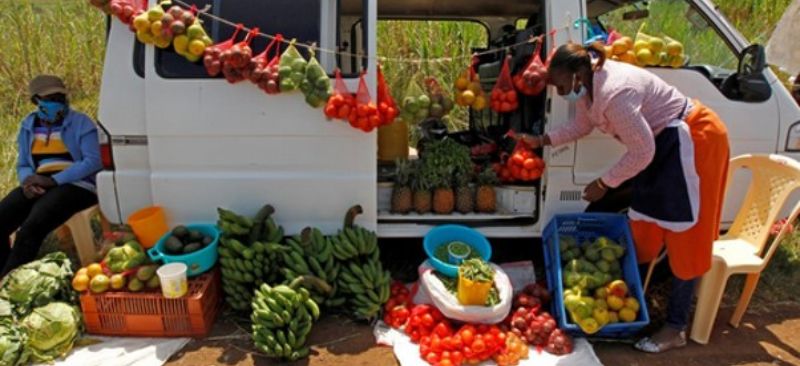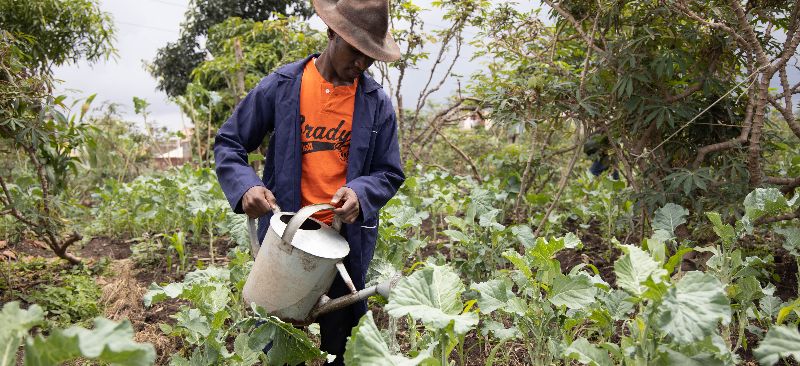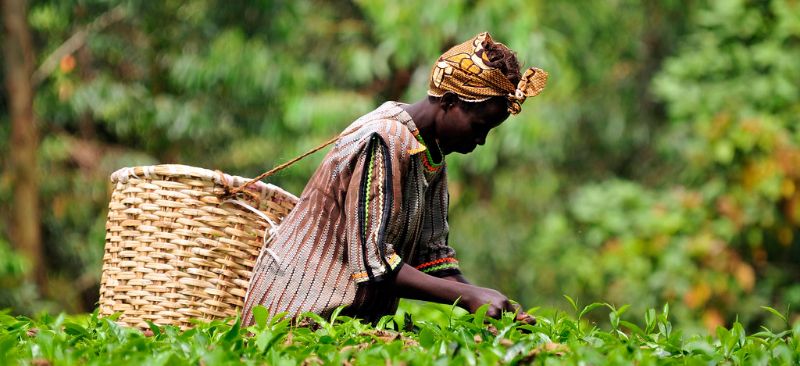Justus Njeru
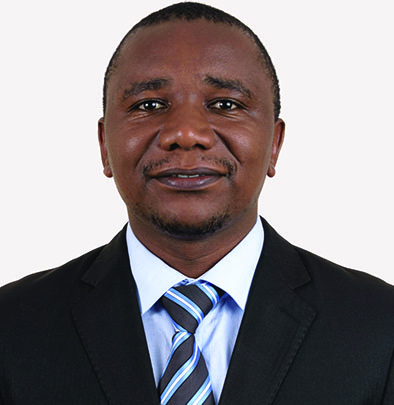
Justus Njeru
Senior AnalystJustus Njeru is a Senior Manager at the Private Sector Development Practice Group under the MSC Anglophone Africa domain based in Nairobi, Kenya. He has more than 12 years of experience in financial inclusion, enterprise development, market systems, and value chains.
Justus is passionate about empowering entrepreneurs to solve social problems through business and create wealth. He specializes in agribusiness, renewable energy, agriculture insurance, microfinance, and WASH sectors with a focus on the high-quality development of commercially sustainable solutions for the low and moderate income. Justus manages field research, data analysis, and modeling and provides high-quality advice to clients in agriculture value chain, financial services, and product design, pilot testing, and roll-outs. He is certified in agriculture value chain digitization and therefore has worked on digitization and efficiency enhancement projects. Justus has worked in development consultancy and technical advisory modeling in Ethiopia, Ghana, Kenya, Malawi, Mozambique, Pakistan, Tanzania, and Uganda. Before joining MSC, he was associated with GiZ’s Promotion of Private Sector Development in Agriculture in Kenya where he conducted value chain financing analysis of various agro-value chains. These included dairy goats, beef, product-specific value chains (carpenter fish), mangoes, passion fruits, Irish potatoes, and sweet potatoes. Justus is also an avid writer on agriculture value chains, and youth role in transforming the sector in the digital age. He is fluent in English and Swahili.
Posts by Justus Njeru
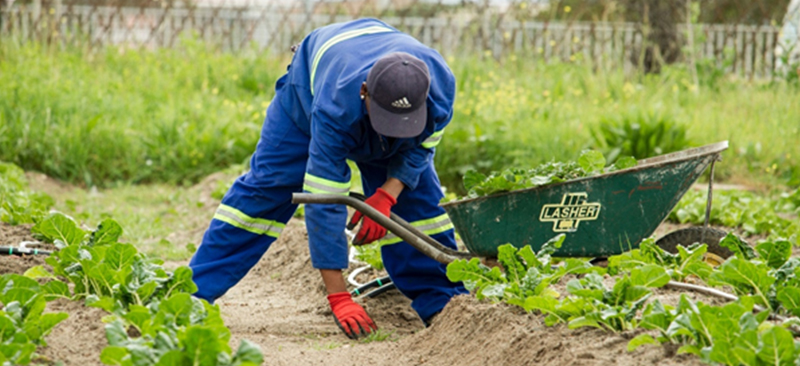 Blog
Blog
